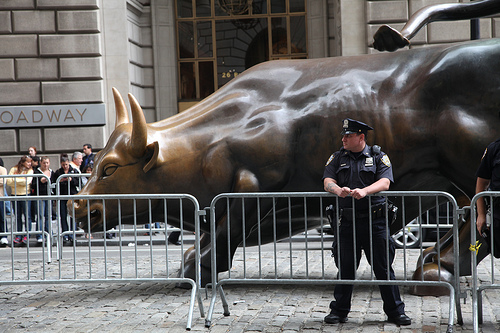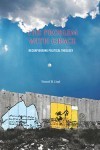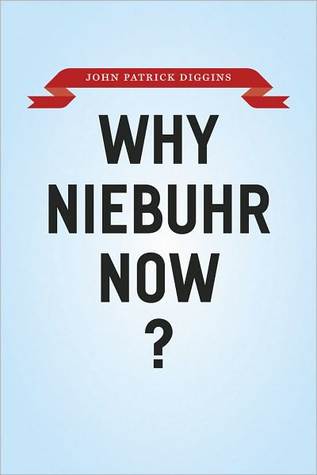
The main problem is, we the people have given and continue to give it to them. Notice in the text that it is not Aaron who first announces that the calf is the god that delivered Israel from Egypt. It is the people themselves who identify this false connection, just as we ourselves are complicit in this perverse deification of injustice.

Locating a middle requires, first, the critique of ideology, which determines the options that appear before us. But the critique of ideology requires an attentiveness to tradition, and to social practices and norms. The “Continental” side talks a lot about ideology critique, but rarely does more than gesture towards those social realities.

In his final book, Why Niebuhr Now?, the late John Patrick Diggins exposes what he claims are false appropriations of Niebuhr and offers in their place Niebuhr’s critique of power. It is this insight, says Diggins, that is especially needed today. This is a significant argument, one worth discussing. And so we asked two scholars, Elliot Ratzman and Ron Stone, to help us launch the conversation.

Jesus says, “Have you never read in the scriptures: The stone that the builders rejected has become the cornerstone?” (20:42). Have you not heard that the poor own the kingdom of God? Do you not remember that the meek are blessed? Do you not remember that Christ is incarnate in the least of those among us? It is as hard for us to hear the cries of the poor today as it was for the Jesus’ fellow Jewish teachers and leaders to hear the voices of the tenants.

The Republic of Grace means to offer an extended account of why and how we, Christians and non-Christians alike, must learn to understand ourselves as continually, graciously, coming to be re-habituated, and recalibrated, into the grammar and language of love, even–and perhaps ultimately–in the public realm.
In the days and weeks – indeed, years – before the execution of Troy Davis, a variety of voices, many purported theological, others secularized, addressed his case. Some argued that Troy Davis was innocent. They pointed to the details of his trial, including witnesses who had changed their testimony. Innocence is a tricky, and a dangerous, rhetorical implement. At the end of the day, we are all guilty. But the point that the Davis case illustrated is that our guilt is always opaque. To pretend that guilt is transparent may be necessary in some circumstances, but in such cases there should always be a spirit of humility.
By Tazim R. Kassam
In this case, the “covering up” is the absence of reference to Islam/Muslims. The silence is a form of erasure of their experience in the historical narrative post-9/11. Both are processes that hide Islam, in one case through distortion in the other disinterest.
By Hugh Goddard
It will be very interesting, in 100 years time, to see whether 2001 has entered the list of significant anniversaries in the long history of conflict between Christians and Muslims.
